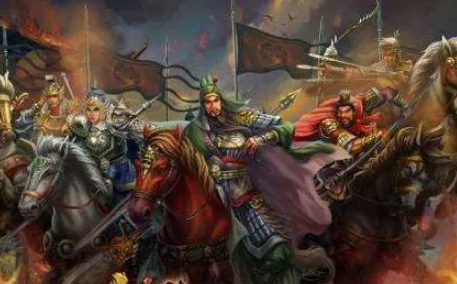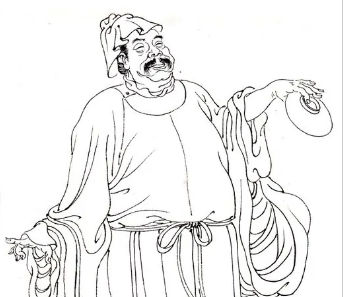In Chinese mythology and legends, numerous gods and deities each possess unique characteristics, powers, and influences. Among them, the Emperor of Zhenwu and the Emperor of Ziwei are extremely important deities in Taoist belief, representing different religious cultural meanings and symbols of power. This article will explore the status and abilities of these two deities in mythology and legends, attempting to analyze which one is more powerful.

I. The Mythical Status and Abilities of the Emperor of Zhenwu
The Emperor of Zhenwu, also known as the Emperor of Xuanwu, is the guardian deity of the north honored by Taoism, symbolizing military might and courage. According to legend, he can exorcise evil spirits and avoid disasters, blessing people with safety and peace. The Emperor of Zhenwu is usually depicted as wearing a battle armor, holding a sword, and standing on a turtle and snake, exhibiting a powerful combative aura. In Taoism, the Emperor of Zhenwu is also considered the guardian deity of martial arts practitioners, enjoying extremely high prestige and a revered status.
II. The Mythical Status and Abilities of the Emperor of Ziwei
The Emperor of Ziwei, also known as the Emperor of the North Pole of Ziwei, is one of the deities in Taoism who dominates human destiny and is regarded as the commander of the universe's stars. The Emperor of Ziwei occupies a central position in the Taoist constellation system, representing supreme power and wisdom. He can influence human fortune and the changes of heaven and earth, making him an important member of the Taoist pantheon of gods and immortals.
III. A Comparison of the Powers of the Emperor of Zhenwu and the Emperor of Ziwei
From the descriptions in mythology, the Emperor of Zhenwu and the Emperor of Ziwei preside over different domains, and their "power" has different emphases. The Emperor of Zhenwu's strength is mainly reflected in military might and protection, while the Emperor of Ziwei embodies more control over fate and wisdom. If evaluated from combat capability, the Emperor of Zhenwu may be considered more powerful; however, from the perspective of influencing human destiny, the Emperor of Ziwei's abilities appear to be more profound.
IV. Conclusion
In mythology and legends, both the Emperor of Zhenwu and the Emperor of Ziwei are extremely powerful and venerated deities. They each possess supreme status and abilities in their respective domains. Therefore, it is difficult to simply judge which one is more powerful, as it depends on the criteria and perspective we use for evaluation. In religious belief and cultural inheritance, they both play indispensable roles, providing spiritual sustenance and sacred protection for believers.
Disclaimer: The above content is sourced from the internet and the copyright belongs to the original author. If there is any infringement of your original copyright, please inform us and we will delete the relevant content as soon as possible.






























